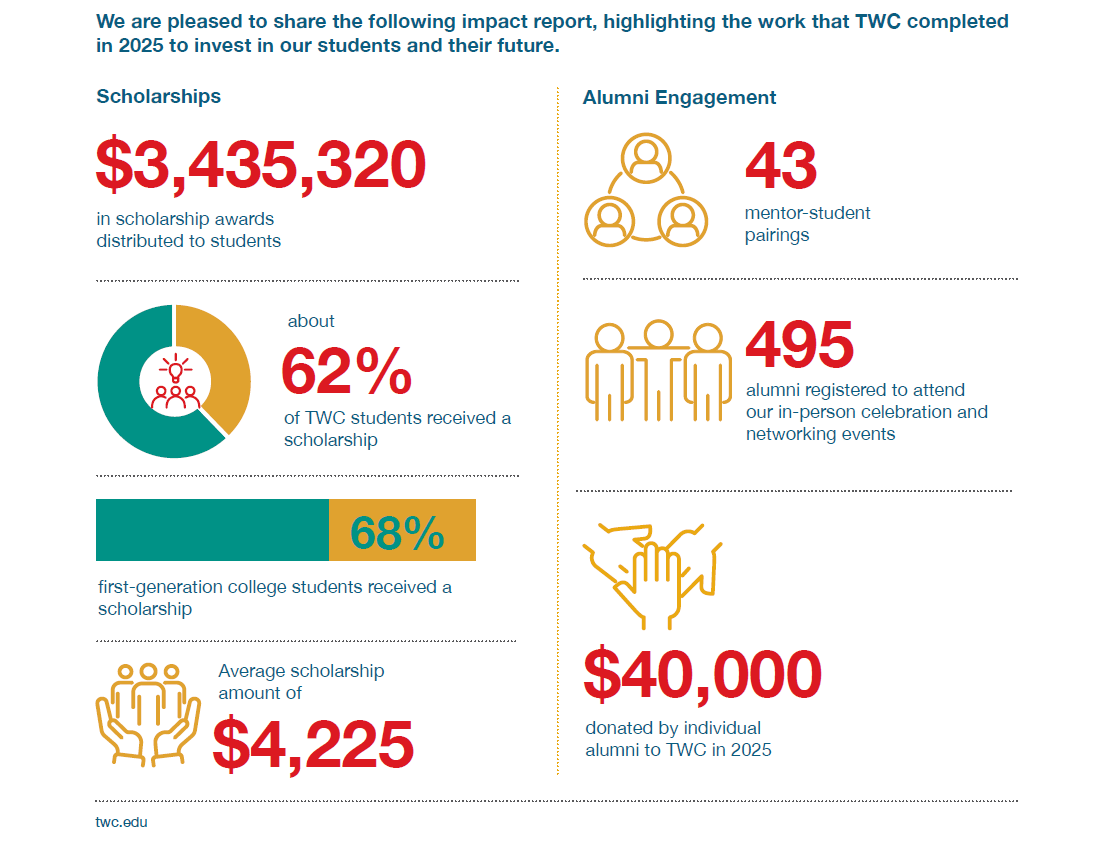
The workforce is changing faster than ever.
New jobs emerge while others fade away, but the biggest shift isn’t just what jobs exist, but what skills they require. In just the past three years, the skills needed for the average U.S. job have changed by 32%, and that pace is only accelerating, especially given the rise of AI and other technologies.
If you’re a college junior or senior, this isn’t just an economic trend, it’s your future. Employers increasingly demand candidates who can adapt, apply new technologies and solve real-world problems, yet many graduates still enter the workforce unprepared for these expectations.
That disconnect? It’s called the skills gap—and closing it could be the difference between landing your dream job or struggling to start your career.
Why the Skills Gap Matters for You
1. Your Degree Alone Isn’t Enough
A bachelor’s degree is still valuable, but employers now prioritize demonstrable skills, like data analysis, AI literacy, project management and cross-functional collaboration. Many graduates discover too late that their coursework didn’t fully prepare them for workplace demands.
2. Industries Are Transforming Faster Than Curriculums
Technology (AI), healthcare policy, and sustainability are reshaping fields overnight. If your education hasn’t kept up, you risk being outpaced by candidates with hands-on experience in these areas.
3. Employers Hire for Skills—Not Just Majors
A LinkedIn study found that 40% of hiring managers now prioritize skills over degrees. That means your ability to showcase relevant competencies (through internships or project work) matters more than ever.
How to Close Your Personal Skills Gap
1. Focus on In-Demand Skills for Your Field
Research job postings in your target industry. What skills keep appearing? For example:
- Tech Roles: Cloud computing, cross functional collaboration
- Policy/Nonprofits: Stakeholder engagement, grant writing, advocacy strategy
- Business/Private Sector: Agile project management, financial modeling, CRM tools
2. Gain Real-World Experience
Classroom learning is critical, but applied experience bridges the gap. Seek:
- Internships (learn more about TWC’s Academic Internship Program)
- Project-based coursework (simulating real work challenges)
- Freelance or volunteer work (to build a portfolio)
3. Leverage Industry Partnerships
Colleges like yours are partnering with employers to align programs with workforce needs. Ask:
- Does my school offer certifications (like Google Analytics or Salesforce)?
- Are there mentorship programs with local employers?
- Can I attend local networking events or industry panels?
4. Adopt a Lifelong Learning Mindset
The skills you need today won’t be the same in five years. Stay ahead by:
- Taking short courses (Coursera, LinkedIn Learning)
- Following industry trends (podcasts, newsletters)
- Seeking employers who invest in upskilling
How The Washington Center Helps You Get Ahead
At TWC, we’ve spent 50 years helping students like you close the skills gap through:
- D.C. Internships – Work alongside policymakers, nonprofits, and tech innovators.
- Skill-Building Workshops – Explore our Career Readiness programs.
- Industry Connections – Network with employers who hire for skills first.
With over 400 internship partners spanning fields such as advocacy, technology, media, law, and more, you’ll find opportunities with TWC tailored to your passions and interests.
The future belongs to adaptable talent. Don’t just earn a degree—build the skills that make employers compete for you.
About the Author
Follow on Twitter Visit Website More Content by The Washington Center






















